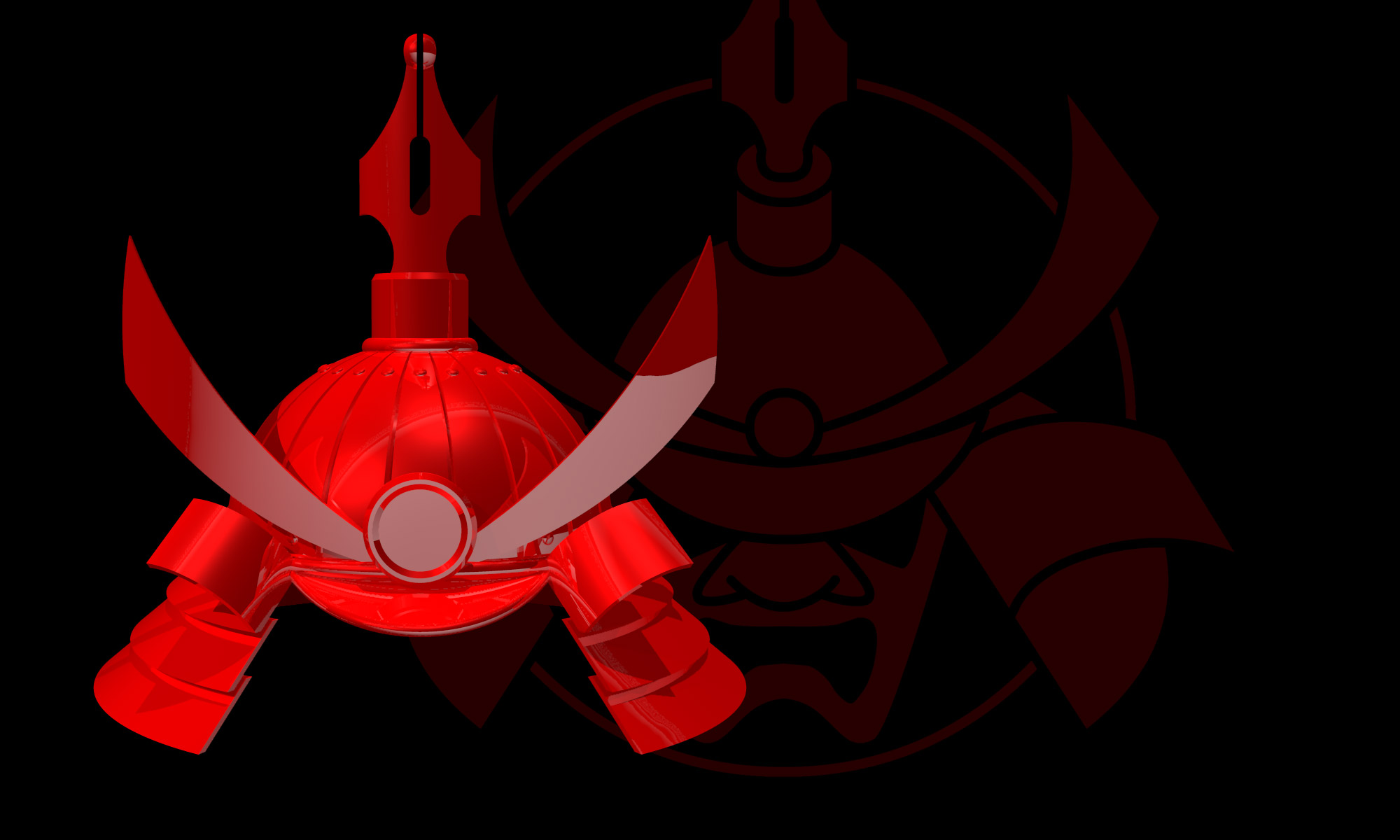A few weeks back, someone I had trained with years and years ago turned up at one of the aikido dojo where I practice. It was interesting to work out with him again because now, as then, I can learn a lot from his thorough and powerful style. But he's also the person who stuffed up my shoulder in a pin over ten years ago. It hasn't made any difference that anyone in the real world would notice, but if you have the pleasure of cranking a submission arm lock on me (and if you do aikido, then of course you might) you'll discover (if you're sensitive enough . . . lots of people aren't) that one arm goes a fair bit further than the other.
This happened to me in ikkyo. That's the "first thing" of aikido, the basic immobilisation technique, and the pin usually works by holding the outstretched arm flat to the mat, at an angle in the region of 127 degrees to the side of the body. That's enough detail — either you know what I'm talking about or you don't. (I have to be careful because as soon as you make an assertion about any point of technique in aikido — or presumably fly-fishing, train-spotting, or day-dreaming — there will be plenty of people clamouring to differ). But the point is, the pin is the ending, and generally it's true to say that the victim (called in aikido parlance the uke) is, at this stage, passive — because they have been controlled by the technique. So if at this stage of the technique, you sustain an injury, there's very little you could have done to prevent it. Liken it, if you will, to slapping a child after you've tucked them gently into bed and read them a story.
Now the important thing to bear in mind is that in the context of an aikido class, I am only in that position because I agreed to let it happen to me. I don't mean because the technique works in an irresistible, unthwartable way — that's a "does aikido work?" question, which is a different matter entirely — but because the nature of aikido is that one of you has agreed to be the victim (although it's more common to say "receive the technique"). The bow before the attack is more or less us formally agreeing that I am coming at you to be victimised. The philosophical angle on this is that aikido practice is co-operative rather than competitive, so that in fact I am volunteering to be your victim for your sake. I sacrifice myself to further your own development. I give you my arm so you can practice twisting it, so that you might become a better arm-twister.
Now you're thinking, wow, that's beautiful . . . or a bit weird, whatever. But it is why aikido people are such dears, bless them. But here's the rub — if, after all that, you hurt me, then you're an arse. Certainly that's what I thought at the time — and I was interested to see that, about 10 years later, on meeting said person my reaction was pretty much the same. He's still an arse, and he's still giving it out almost certainly without realising that he's known on the circuit (or part of the circuit) for such stupidity. I know this because when I said to one of the seniors after he'd gone, "ah yes, it's because of ______ that one of my shoulders doesn't work properly," he sighed and replied, "you and about ten others, I should think."
In some martial arts, someone like that would be smacked down into place and it would either stop, or he'd get a trophy and a tattoo for being such a full-on combat warrior. But remember this isn't about effectiveness, it's about hurting people when they are trying to help you. Put another way, it's like wounding people during the warm-up, since to all intents and purposes a submission done on someone who has given you their arm so you can practice your submission techniques is, at the end, really just a stretching exercise.
Anyway, aikido people, like I said, are such dears, that problems like this all too often go unaddressed. Bless them. Me, I'm not going to confront someone like this about it, because there are both simple and complex reasons why it's not worth it. Against ignorance the gods themselves contend in vain. I will (like everyone else who is mindful of this individual) avoid exposing myself to any more risk than is necessary, and write bitchy little comments about it in my blog, afterwards.
As a footnote: if he trained where I regularly trained, I would address this for the protection of all the other students. But, as I said, I hadn't seen the person concerned for 10 years, and probably won't do for as long again. And yes, if you were wondering, of course he gets it from his instructor (I know because I trained there too for a couple of years or so). I'm sure they think they are terribly tough, but what they haven't worked out is that it's possible to be tough without being idiotic. But that, of course, only happens if you want it to.

